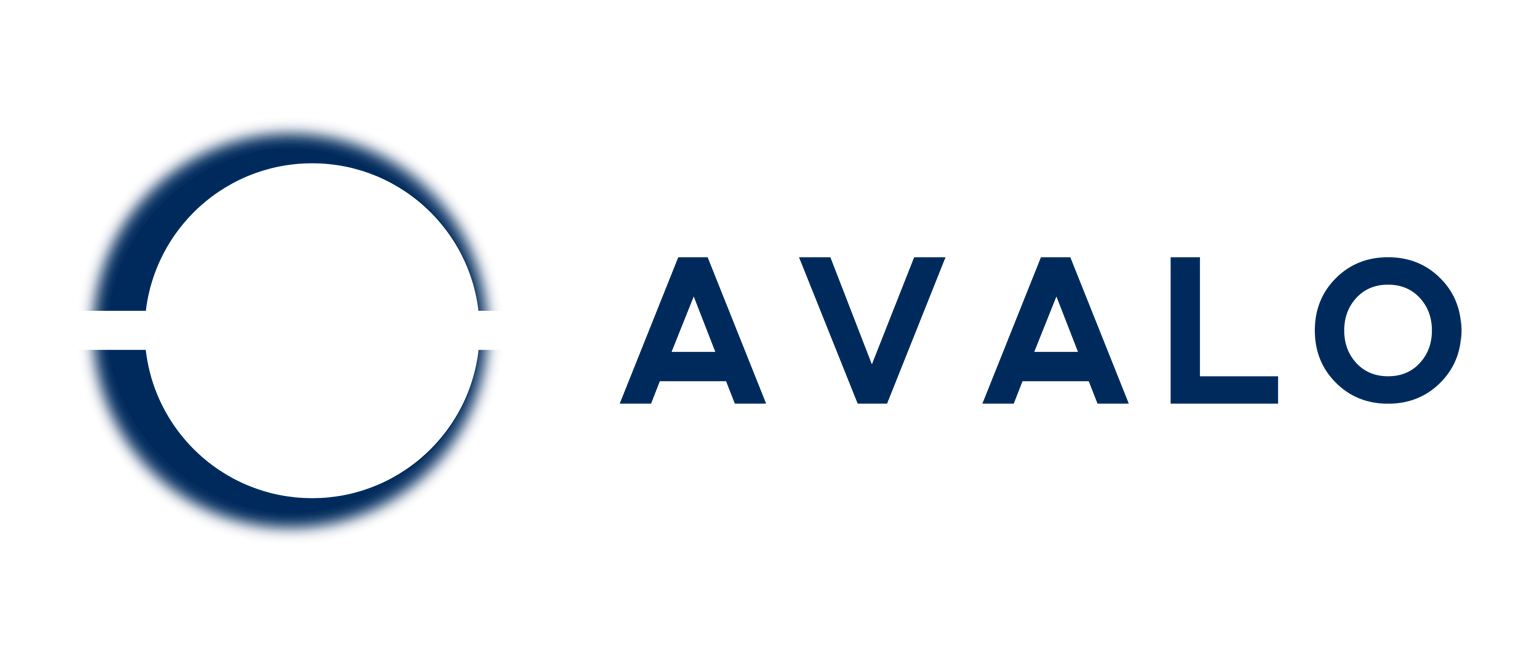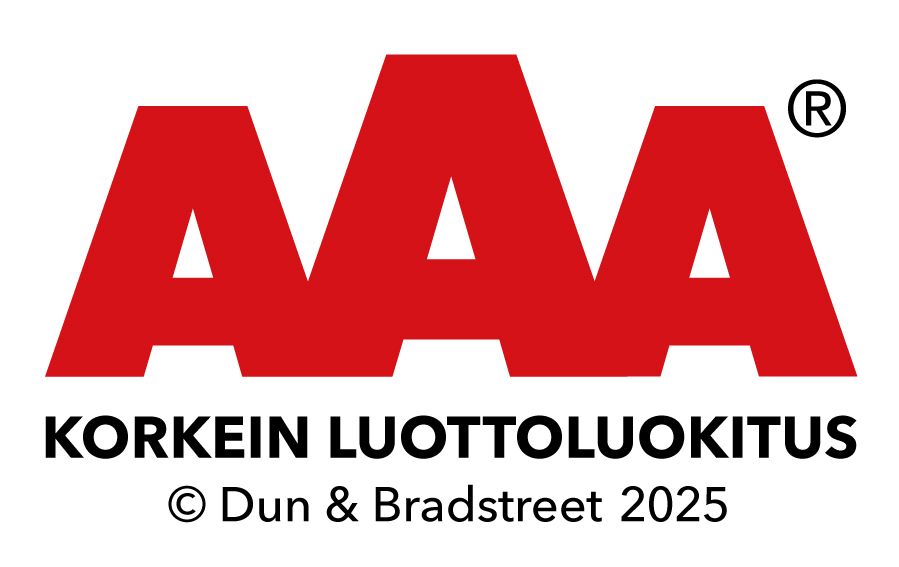Is Your Company Leaking Money? Three Signs Your Cash Management is a Hidden Bottleneck
Nobody loves change. Especially when we're talking about a company's critical systems. The "If it ain't broke, don't fix it" mindset is familiar to many CFOs.
But what if "working" doesn't mean efficient, secure, or profitable?
Cash Management processes are the lifeblood of a company. They manage cash flow, cash visibility, supplier payments, and salaries. Yet, too many companies let this vital system slowly turn into a bottleneck—an efficiency leak that no one, in their haste, has noticed.
1. How much time does your team spend on manual work?
If you are a CFO or Finance Manager, ask yourself these three critical questions.
A lack of automation isn't just an efficiency problem; it's also a risk. When finance professionals spend hours copying data from one system to another, comparing spreadsheets, and manually checking payments, you aren't just losing work hours. You are also losing:
- Strategic Potential: Your team is doing robotic work instead of analysis and forecasting.
- Accuracy: Human errors cost money, literally. A single misplaced decimal or reference number can halt a critical payment.
- Agility: Reacting to changes in the business environment slows down when processes are rigid.
The question is: what could your finance team achieve if a significant part of their time was freed up for value-adding work?
2. Is your system secure, or just "secure enough"?
Security and compliance are not static states. "We haven't had any problems" is no longer a sufficient answer for the board or auditors.
Modern threats and tightening regulations demand more. Ask yourself:
- Regulation: Does your system meet the latest requirements?
- Monitoring: Do you have real-time monitoring to detect errors, or do you only spot them a week later during reconciliation?
- Control: How do you efficiently manage access rights as people join and leave the company?
- Lifecycle: What is the plan for when your current system's vendor support ends?
Maintaining compliance with outdated technologies becomes more expensive and riskier every year.
3. Do you really know how much your system costs?
Many companies have a vague idea of their Cash Management system's true total cost of ownership. License and maintenance fees are easy to calculate, but they are just the tip of the iceberg. The real costs are often hidden here:
- Hidden Work: The hours spent on manual reconciliation, error correction, and maintaining workarounds.
- Integration Problems: The price you pay when your various financial systems and your active banks don't communicate with each other seamlessly.
- Technical Debt: Every month you postpone a necessary update, you make the future migration more expensive and complex.
When you add these up, the system that looks affordable on paper might be one of your company's most expensive financial system investments.
Don't guess – request a free Health Check
Too often, a system overhaul is postponed because it feels like a massive, expensive mountain to climb.The truth is, you can't make informed decisions until you truly understand the real challenges and opportunities of your current situation.
We propose a low-threshold first step: a free Health Check for your Cash Management processes.
It's not a commitment to change. It's a commitment to information.
We will map out with you:
- Your current processes and their level of automation
- The current state of your security and compliance
- The true cost structure (including hidden costs)
- The key bottlenecks and opportunities for development
You might find that your system is in better shape than you feared. Or you might discover quick wins that pay for themselves in months, not years.
In any case, you will receive an unbiased analysis and a concrete roadmap to support your decision-making.
Challenge your system – turn your payments into a competitive advantage
If even one of these questions hit home, I propose a simple next step.
Book a free Cash Management process assessment with our expert.
We will review your current situation, and you will receive an honest evaluation of your system's bottlenecks and potential.
What do you have to lose – other than perhaps a few hours of unnecessary manual work each week?




